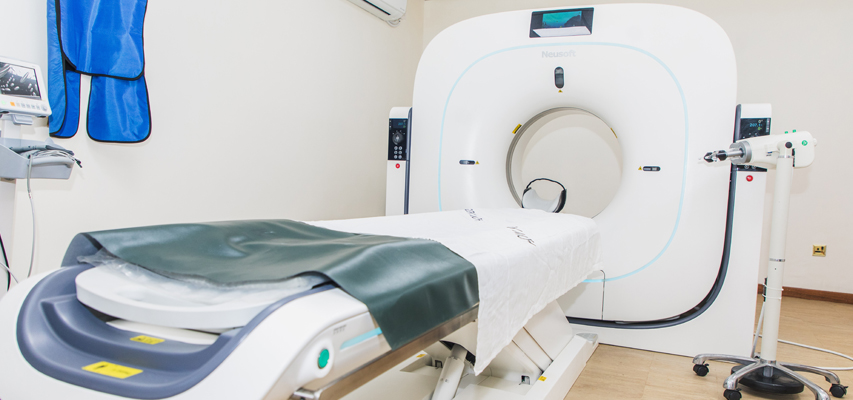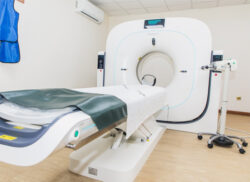
In the past couple of years, Kenya has seen a U-turn – from people suffering and losing life to communicable diseases to an increase in non-communicable diseases.
Dubbed lifestyle diseases and stereotypically seen as ailments of the poor and the old, NCDs include diabetes, cancers, cardiovascular (including heart diseases and stroke) and respiratory infections.
The NCDS are preventable and arise from major risk factors such as tobacco use and exposure, unhealthy diets, sedentary lifestyles and alcohol abuse. Improved living standards in some cases involve binge drinking, long hours in the office and use of personal cars.
Of all the NCD-related diseases, cancer is a major cause for alarm due to the havoc it is causing, claiming the lives of people from all walks of life.
In 2018, Globocan, the Global Cancer Observatory under the World Health Organisation, put the number of all new cancer cases in Kenya at 47,888, leading to 32,987 deaths. With the documented laxity in seeking healthcare, this number is feared to be higher.
Aware of this, the government came up with its first plan to tackle the menace, the Kenya National NCD Strategic Plan 2015-2020. It aims to inform national, county, sub-county and community-level stakeholders on strategic directions to be taken into consideration when developing implementation plans on prevention and control of NCDs. Development partners and stakeholders will also use this document to align their priorities and to support the country in its efforts to lower the burden of NCD.
Through the Kenya Essential Package for Health (KEPH), screening for and treating of NCDs is the main focus of management. The KEPH focuses on control of mental health, diabetes, cardiovascular diseases, chronic obstructive airway conditions, blood disorders such as sickle cell conditions, and cancers, among other ailments.
In addition, the sector is tasked to provide prevention activities addressing the major noncommunicable conditions through establishment of screening programmes in health facilities and other institutions, provision of health promotion and education for NCDs, rehabilitation, workplace health and safety, and food quality.
Non-Communicable Diseases and UHC
Perhaps the most visible of the government’s commitment to preventing and managing NCDs is its inclusion of the Universal Health Coverage plan. During the launch of the UHC commitment and pilot programme in four counties – Isiolo, Machakos, Kisumu and Nyeri – in December 2018, full coverage of NCDs including asthma, cancer, diabetes, hypertension, stroke and anemia were included.
During the launch, President Kenyatta said the UHC programme would adopt a Primary Health Care approach that would entail scaling up immunisation services and maternal and child health services – including family planning, skilled delivery and antenatal and postnatal care services.
It will also focus on greater prevention of waterborne and vector-borne diseases, TB, HIV and STIs; improving nutrition of women who conceive; and early screening and treatment for non-communicable diseases such as diabetes, hypertension, mental illnesses and cancers. This will help identify early treatment initiation, rehabilitation and palliative care, and treatment of common outpatient and inpatient medical and surgical conditions in public hospitals.
